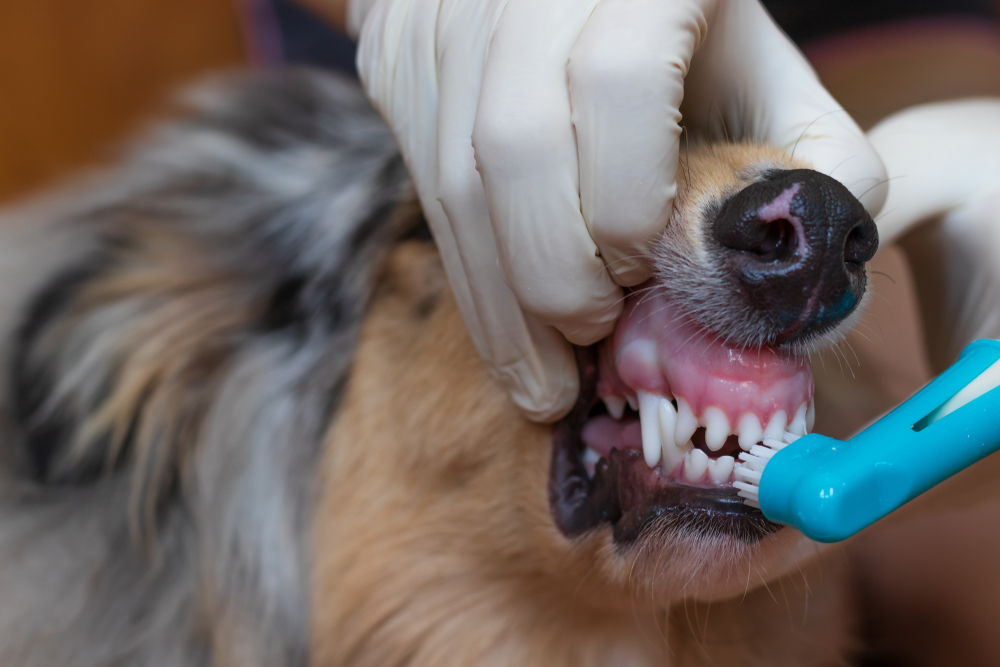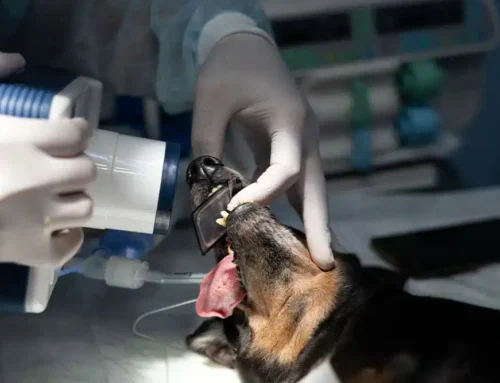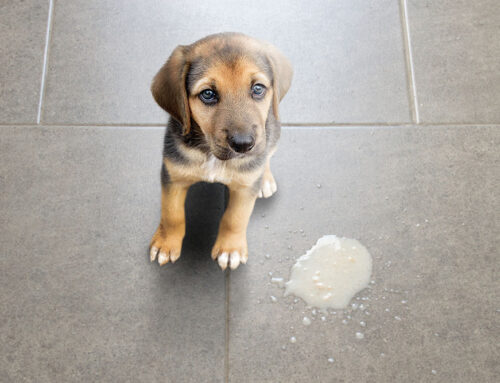Dental Disease in Pets: A Silent Threat with Urgent Consequences
At Peak Pet Urgent Care in Reno, Nevada, we regularly see cases where undiagnosed or untreated dental disease becomes an emergency. What starts as mild plaque buildup can quickly escalate to painful abscesses, facial swelling, or systemic infection—leaving pets in distress and their families unprepared. While regular dental care is best handled by your primary veterinarian, it’s crucial to understand when dental issues become urgent.
What Is Dental Disease—and When Is It an Emergency?
Dental disease typically develops gradually, beginning with plaque that hardens into tartar, leading to gingivitis and eventually periodontitis. But when this disease reaches a tipping point, it can cause:
- Tooth root abscesses
- Severe oral pain or bleeding
- Jaw swelling or drainage
- Difficulty eating or sudden appetite loss
- Behavior changes caused by discomfort
These are not just dental problems—they’re urgent medical concerns.
Common Urgent Dental Presentations
Here’s what we frequently treat in our urgent care setting:
- Facial swelling caused by an abscessed tooth
- Oral bleeding or visible wounds in the mouth
- Reluctance to open the mouth or yelping when eating
- Sudden refusal to eat or drink, even soft foods
- Loose or broken teeth from trauma or decay
- Pawing at the face or sudden aggression from pain
If you notice any of these, don’t wait for a routine visit—seek care right away.
The Broader Health Risks of Dental Disease
Unchecked dental disease can spread beyond the mouth. Bacteria from infected gums can enter the bloodstream and damage vital organs including the heart, liver, and kidneys. This systemic spread can be life-threatening, particularly in older pets or those with underlying conditions.
Learn more at Pet Dental Care – AVMA.
When to Call Urgent Care vs. Your Regular Vet
Call Peak Pet Urgent Care if your pet is experiencing:
- Facial swelling or drainage
- Bleeding from the mouth
- Pain that prevents eating or drinking
- Signs of oral trauma or broken teeth
- Behavioral changes linked to mouth pain
Schedule a non-urgent dental checkup with your primary veterinarian for:
- Mild tartar buildup
- Bad breath without other symptoms
- Annual cleanings or dental X-rays
- Preventive home care guidance
Why Prompt Action Matters
Delaying treatment can turn a manageable issue into a crisis. Abscesses can rupture, infection can spread, and pets may suffer unnecessarily. Prompt intervention often means a faster recovery and fewer complications.
Prevention Still Plays a Role
While we focus on urgent care, we also encourage pet owners to stay ahead of problems through:
- Daily brushing with pet-safe toothpaste
- Dental chews with the VOHC seal
- Dental diets that reduce plaque accumulation
- Regular vet visits for cleanings and monitoring

FAQs for Urgent Dental Situations
Can dental problems really cause an emergency?
Yes. Infections can progress rapidly and cause systemic illness or significant pain.
Will my pet need anesthesia for treatment?
In most cases, yes—especially for cleanings or extractions. We’ll assess stability before proceeding.
Should I wait if my pet is still eating?
Not necessarily. Pets often continue to eat despite serious pain. Behavior is a better indicator than appetite alone.
Here When It Can’t Wait
At Peak Pet Urgent Care, we’re here when your pet’s dental issue crosses the line from maintenance to emergency. Whether it’s a swollen jaw, bleeding mouth, or sudden pain, our team is ready to assess and stabilize your pet with skill and compassion.
Contact us or visit our team page to learn more. When your pet’s comfort—and health—can’t wait, we’re here to help.






Leave A Comment